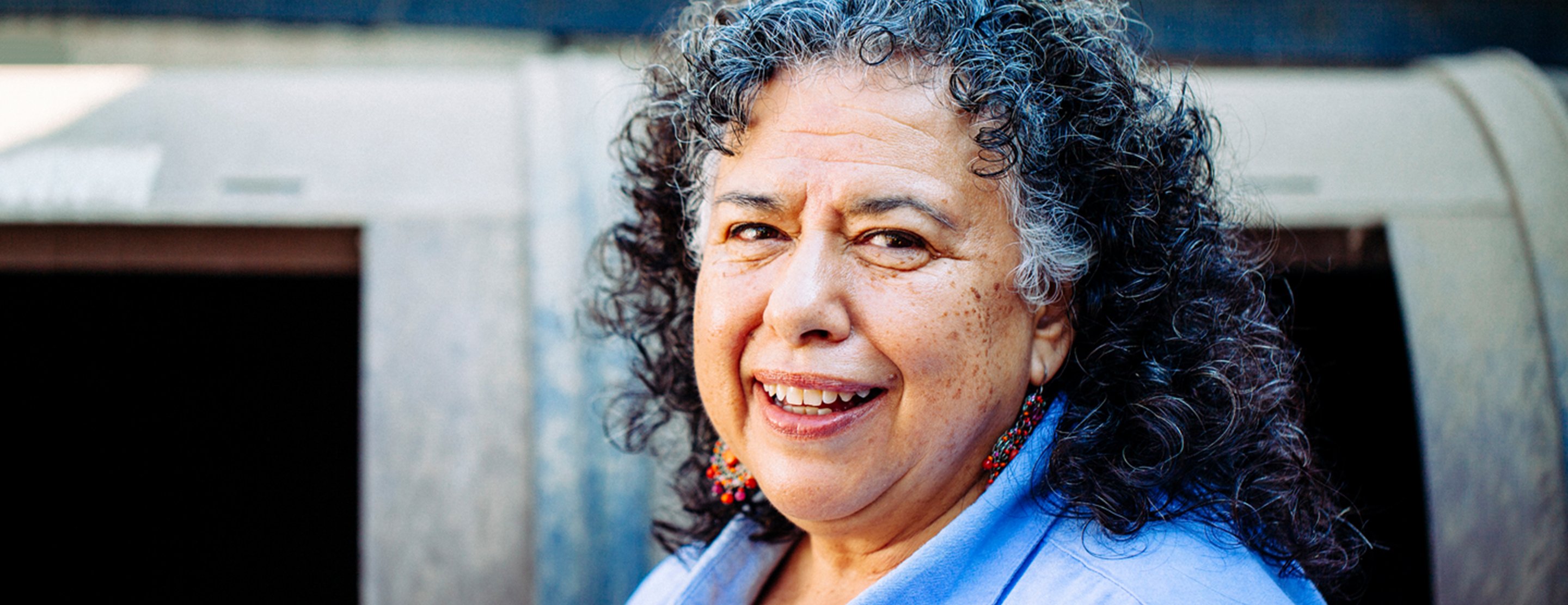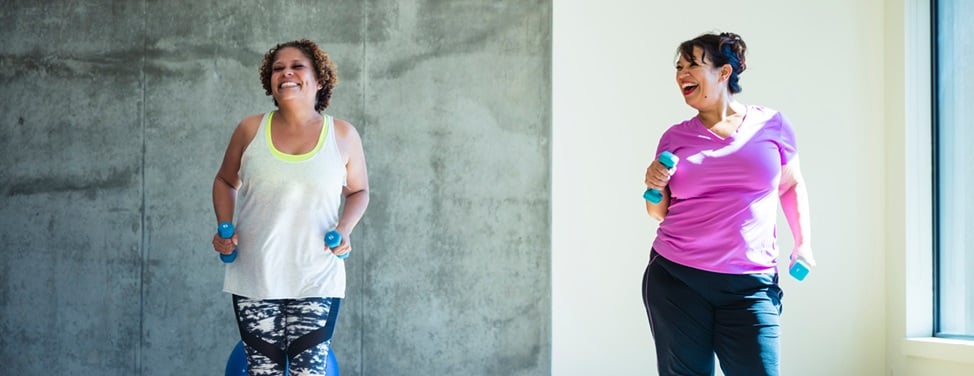
Osteoporosis and Breast Cancer
Osteoporosis, the loss of bone mass and structure, is hastened by the sudden drop in estrogen levels that occurs as a woman enters menopause, either naturally, by surgical removal of the ovaries before age 45, or by premature menopause caused by breast cancer treatment. Estrogen protects the bones, so estrogen deficiency is a definite risk factor for osteoporosis.
Women who have had breast cancer or are considered at high risk for developing breast cancer generally receive a recommendation not to take hormone replacement therapy (HRT). Women with breast cancer, therefore, are at risk for developing osteoporosis.
How Is Osteoporosis Diagnosed?
Osteoporosis is diagnosed with a bone mineral density (BMD) test. There are many ways to test for bone density, but most techniques use a specialized low-dose X-ray technique that measures the amount of bone present in different parts of the skeleton. Lower bone density is associated with greater risk for fractures. Your measurements are compared to women similar in age, weight, sex and ethnic background.
The test most commonly performed at UCSF Medical Center is the dual energy X-Ray absorptiometry (DXA), which is safe and not uncomfortable. The radiation exposure is less than one-tenth the dosage of a chest X-ray.
You will be asked to wear clothes without metal buttons, buckles, or zippers and no underwire bra. The test is performed fully clothed. You will lie on a table and the scanning arm is moved slowly over the parts of the body to be scanned. You are not in a tunnel as with a magnetic resonance imaging (MRI) scan. The test takes about 15 to 30 minutes.
Your primary care physician or your physician in the Breast Care Center can order a bone mineral density test if you are at risk for or have symptoms of osteoporosis.
When and How Often Should One Be Tested?
Testing might be discussed and considered in the following instances:
- You are over the age of 65
- You are postmenopausal and have one or more risks (besides menopause) for fractures caused by osteoporosis
- You are postmenopausal and have had a fracture — testing would be done to confirm the diagnosis and rate disease severity
- You and your doctor are considering osteoporosis therapy and the BMD test results would help the decision making process
UCSF Health medical specialists have reviewed this information. It is for educational purposes only and is not intended to replace the advice of your doctor or other health care provider. We encourage you to discuss any questions or concerns you may have with your provider.

















